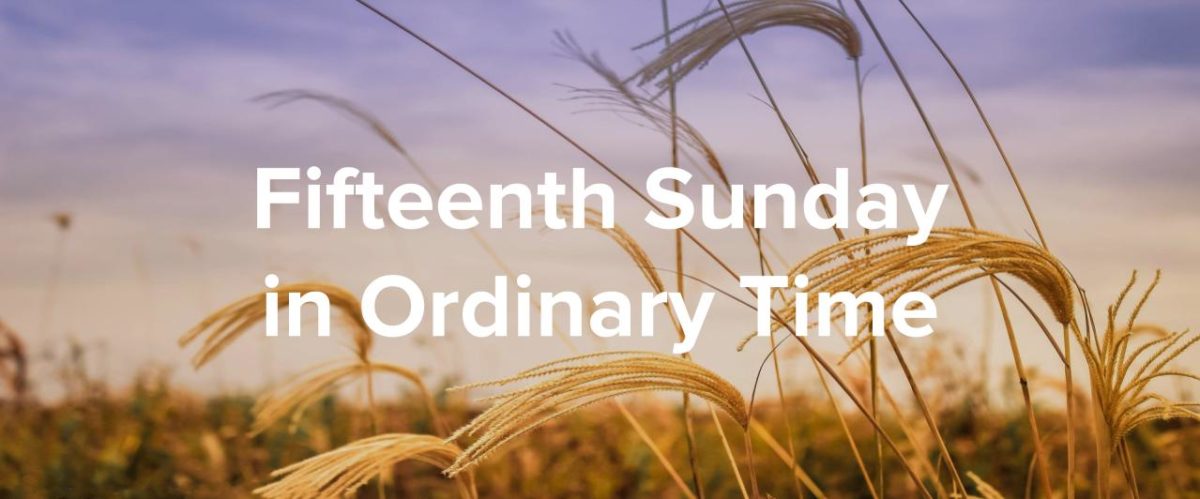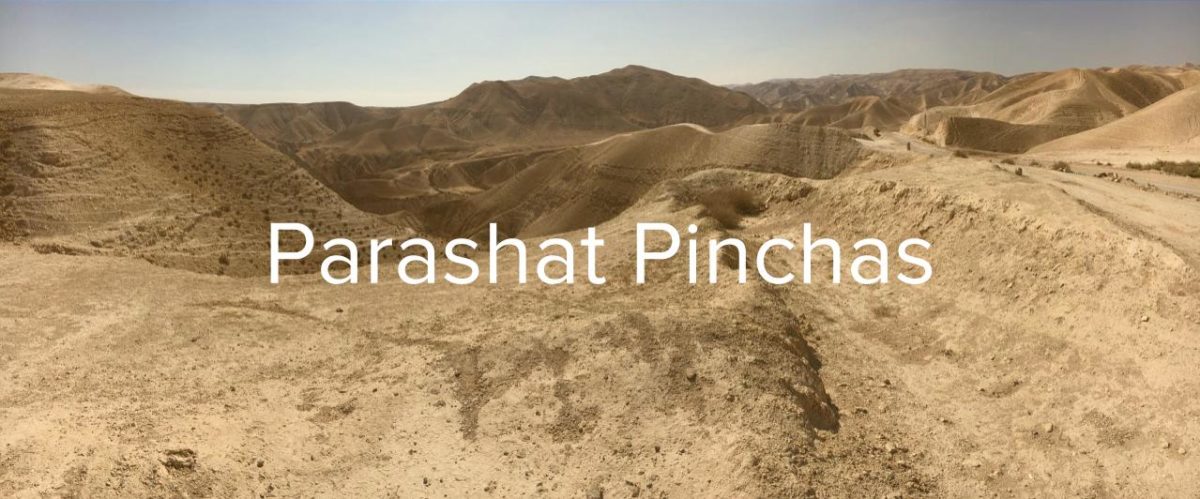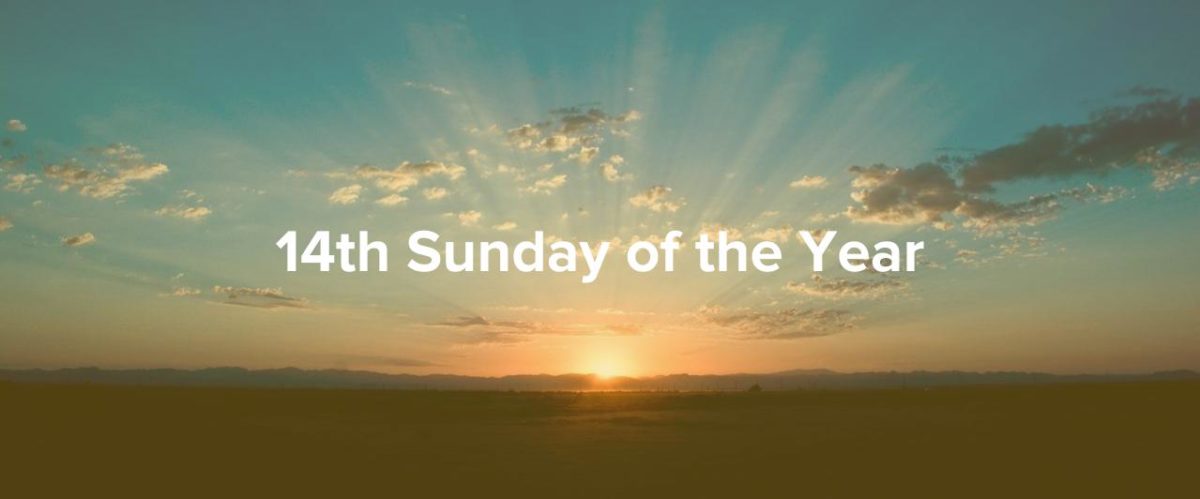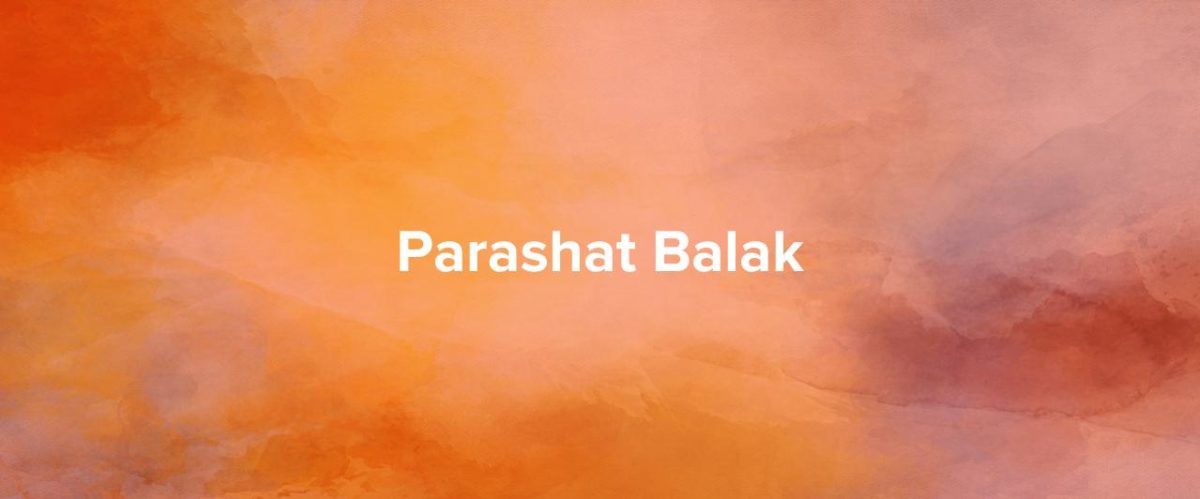
Seventeenth Sunday in Ordinary Time Year A (30 July 2017)
1 Kings 3:5, 7-12; Ps. 119:57,72,76-77,127-130; Rom. 8:28-30; Matthew 13:44-52.
Theme: Again, the Kingdom of Heaven is Like…
The three parables, about the treasure, the pearl and the dragnet, that bring Matthew’s collection of parables in chapter 13 to a close, are all unique to him. All have been allegorized in Christian tradition but this commentary, like those for the two previous Sundays, tries to capture something of the shock and challenge they might have had when originally told by Jesus. All of them begin “The kingdom of heaven is like…”
As Amy-Jill Levine points out there are a number of disturbing elements in the very brief twin parables of the treasure found by the man in the field and the rare pearl purchased by the merchant [Levine 129-150]. The action of hiding the treasure and then buying the field from the unsuspecting owner could be seen as morally dubious, while throughout the Bible merchants (emporoi: wholesale traders) and those engaging in high-end business are regarded unfavourably [e.g. Is 23:17; Jas 4:13; Rev 18:3] . Sirach 26:29 claims that “A merchant can hardly keep from wrongdoing”. Jesus would certainly have got the attention of his audience.
Both the man and the merchant happen to come across something that induces each of them to take the reckless course of selling all their possessions, leaving them with no means of support, in order to obtain it. The merchant, true, is searching for fine pearls but he is not looking for the one rare one that is more valuable than all the rest. After its purchase he can no longer be a merchant because he now has nothing to trade. His decision to divest himself of all his assets results in a complete change of identity. Life is never going to be the same for either of them again. This is meant to pose a disturbing challenge to the listener.
Three kinds of fishnets were used on the Kinneret, or Sea of Galilee, in Jesus’ day: the seine or dragnet, the casting net and the more complicated three-layered trammel net. All three are found in the Gospels, and the one in Matthew 13:47-48, sagéne, is the dragnet. This net stood like a vertical wall in the water, with weights on the bottom edge and cork floats on the top. Mendel Nun, who worked as a fisherman on the lake for 50 years describes how it would have been set parallel to the shore about 100 meters from land and hauled in by two groups of men with ropes attached to each end, bringing with it almost everything in its path. Of the three groups of edible fish in the lake two would likely be caught by this method, sardines and barbels (carp), together with the non-kosher scaleless catfish. The catch would then be sorted and the catfish, the ‘bad’ ones, discarded [Nun 46-56, 70]. How could the kingdom of heaven be like this, with clean and unclean in together? The parable is similar to the one about the weeds and wheat in last Sunday’s Gospel, and both are allegorized in the Gospel itself. But while the former emphasizes God’s patience, today’s stresses the inevitability of judgement and the eventual abolition of evil [Bryne 115-116].
For Reflection and Discussion: 1. Is there anything that is of absolute value to you so that you would give everything to obtain it? 2. Do you think the call to give up everything is for everyone in the kingdom, or just for some? 3. How do you handle the presence in the church of people whose values seem to be very different from your own?
Bibliography: Bryne, Lifting the Burden: reading Matthew’s Gospel in the church today (London, 2004); Levine, Short Stories by Jesus (New York NY, 2014); Nun, ‘Cast Your Net Upon the Waters: fish and fishermen in Jesus’ time’, Biblical Archaeology Review 19,6 (1993).
This week’s Sunday Gospel Commentary was prepared by
Br Kevin McDonnell cfc, PhD. Australia, Bat Kol Alumnus, 2003, 2004, 2005.
Email address: klmcdonnell@edmundrice.org
[Copyright © 2017]
……………………………………………………………………….……
PLEASE NOTE: The weekly Gospel commentaries represent the research and creative thought of their authors, and are meant to stimulate deeper thinking about the meaning of the Sunday Scriptures. While they draw upon the study methods and sources employed by the Bat Kol Institute, the views and conclusions expressed in these commentaries are solely those of their authors, and do not necessarily represent the views of Bat Kol. Questions, comments and feedback are always welcome
……………………………………………………………………………



















